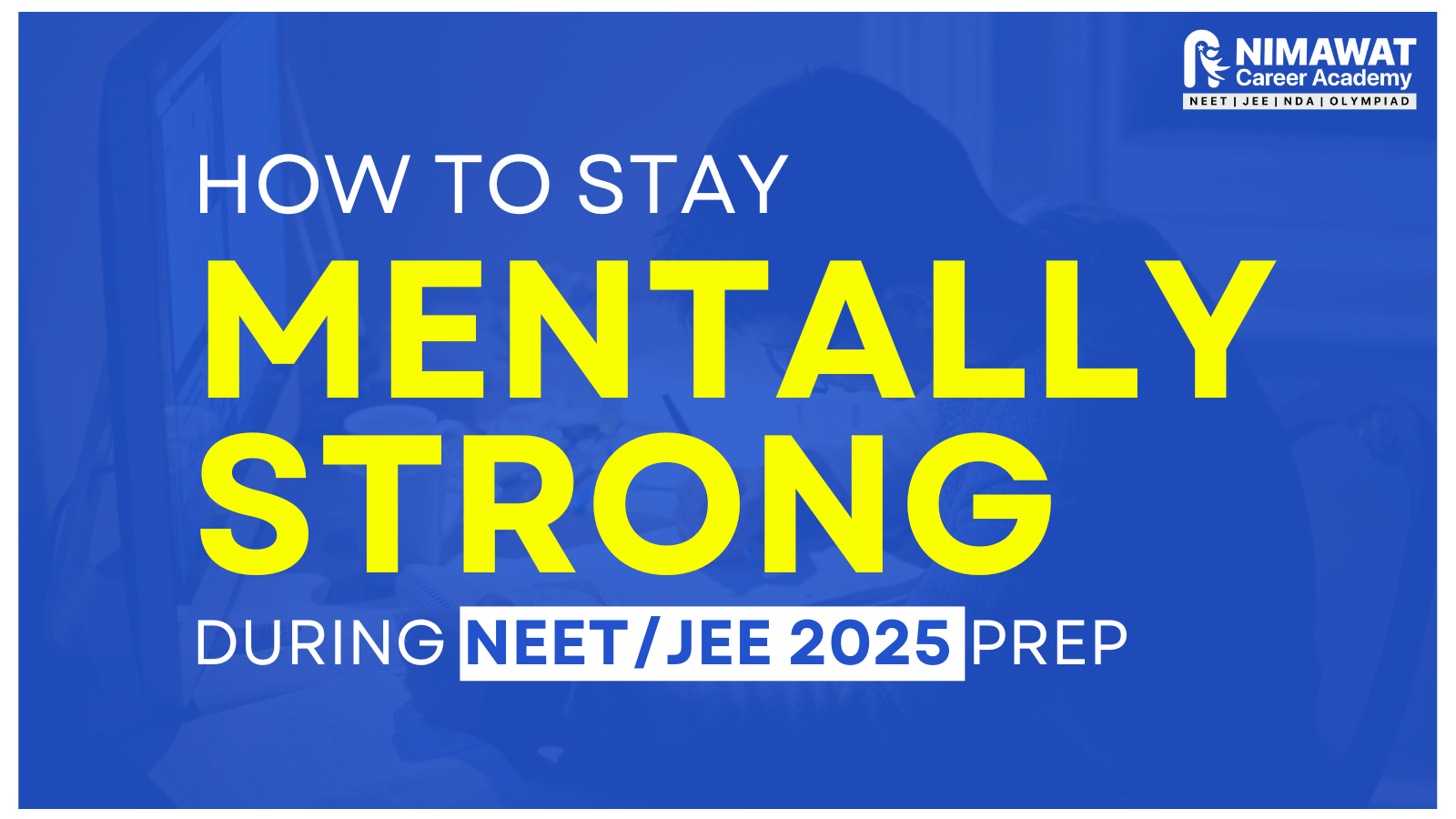1. Create a Structured Study Plan | Use time-blocking and prioritization | Reduces overwhelm, boosts productivity |
2. Practice Mindfulness Daily | Incorporate meditation/breathing exercises | Lowers stress, improves focus |
3. Build a Support System | Engage peers, mentors, and family | Enhances motivation and emotional resilience |
4. Set Realistic, Flexible Goals | Break tasks into SMART goals | Prevents burnout, maintains momentum |
5. Prioritize Physical Health | Sleep 7–8 hours, exercise, eat brain foods | Enhances cognitive function and energy |
6. Adopt Healthy Coping Mechanisms | Replace negativity with CBT techniques | Reduces anxiety, fosters positivity |
7. Cultivate a Growth Mindset | Reframe failures as learning opportunities | Builds confidence and long-term resilience |


